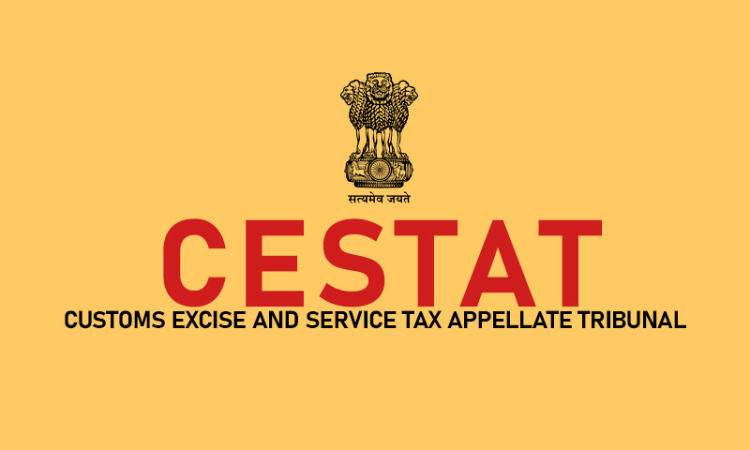The Ahmedabad Bench of Customs, Excise, and Service Tax Appellate Tribunal (CESTAT) has held that remuneration paid to whole-time directors as commission based on profit doesn't attract service tax.The bench of Sulekha Beevi C.S. (Judicial Member) and C.L. Mahar (Technical Member) has observed that the whole-time director is essentially an employee of the company, and accordingly,...

